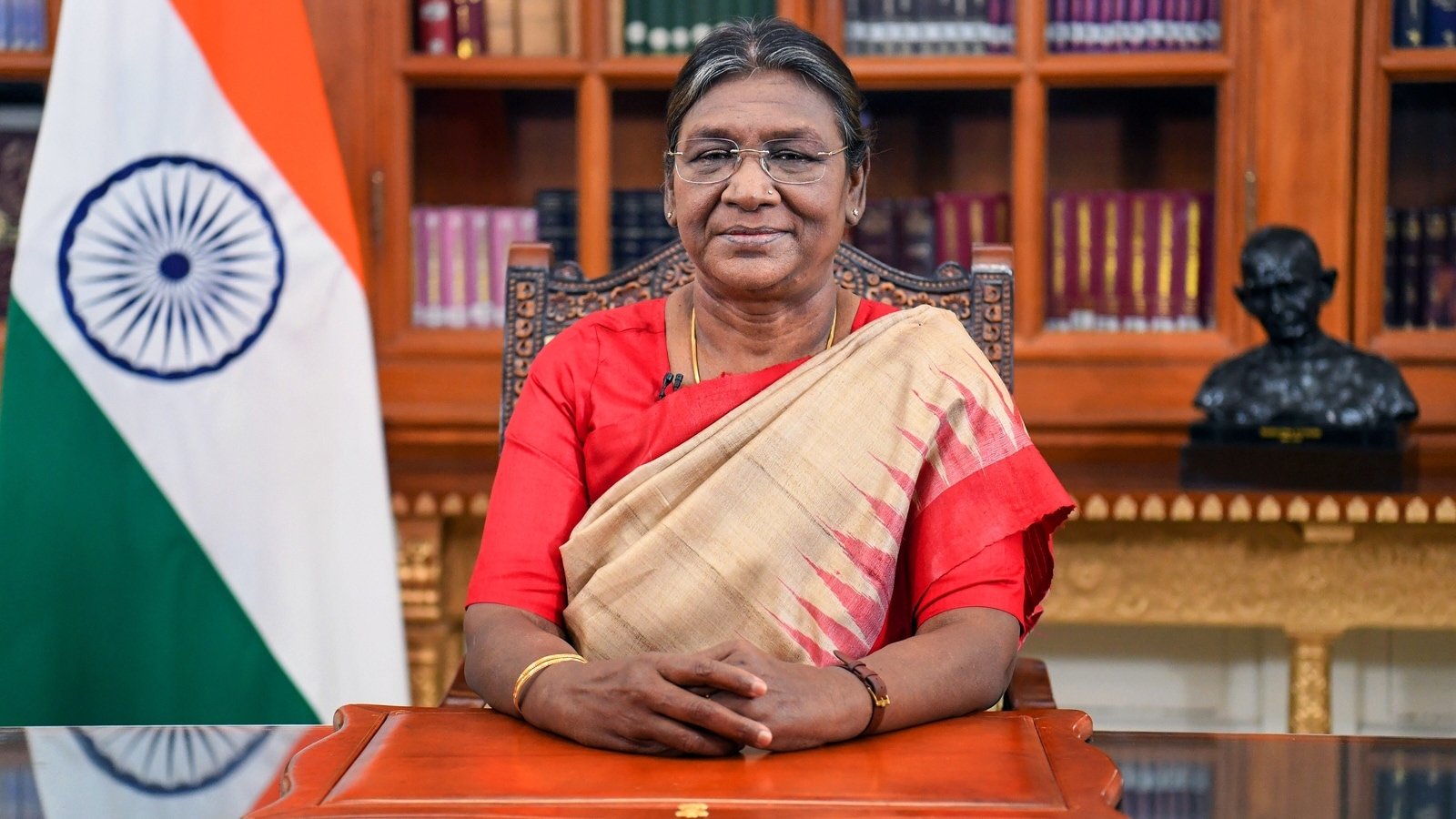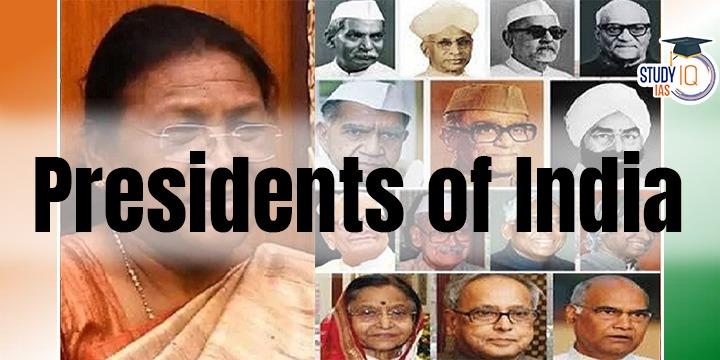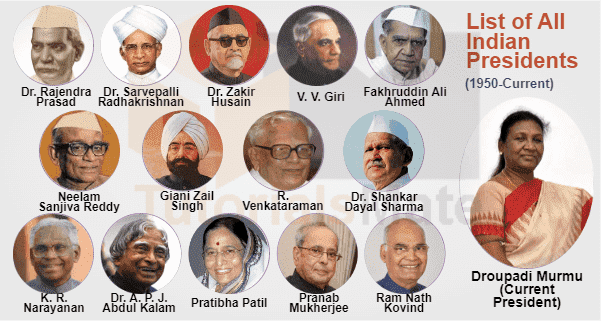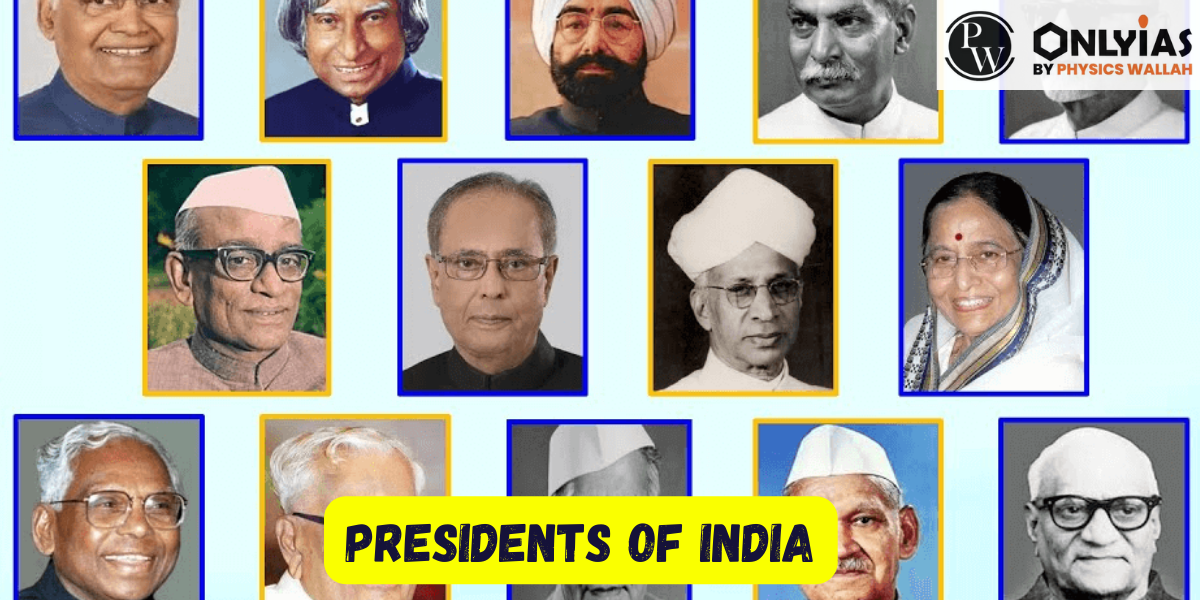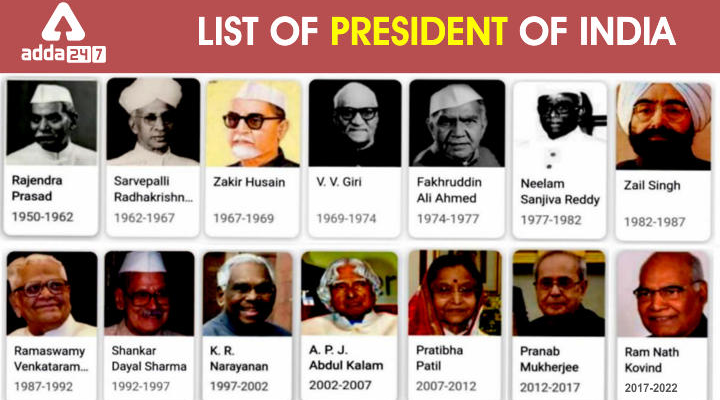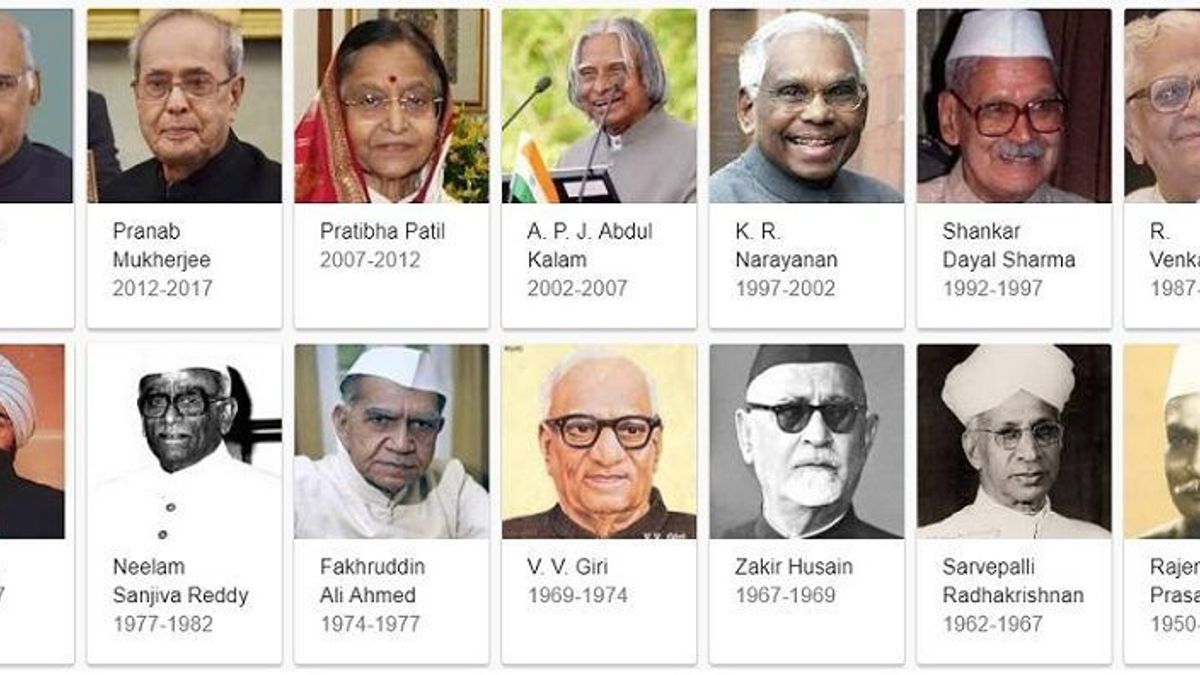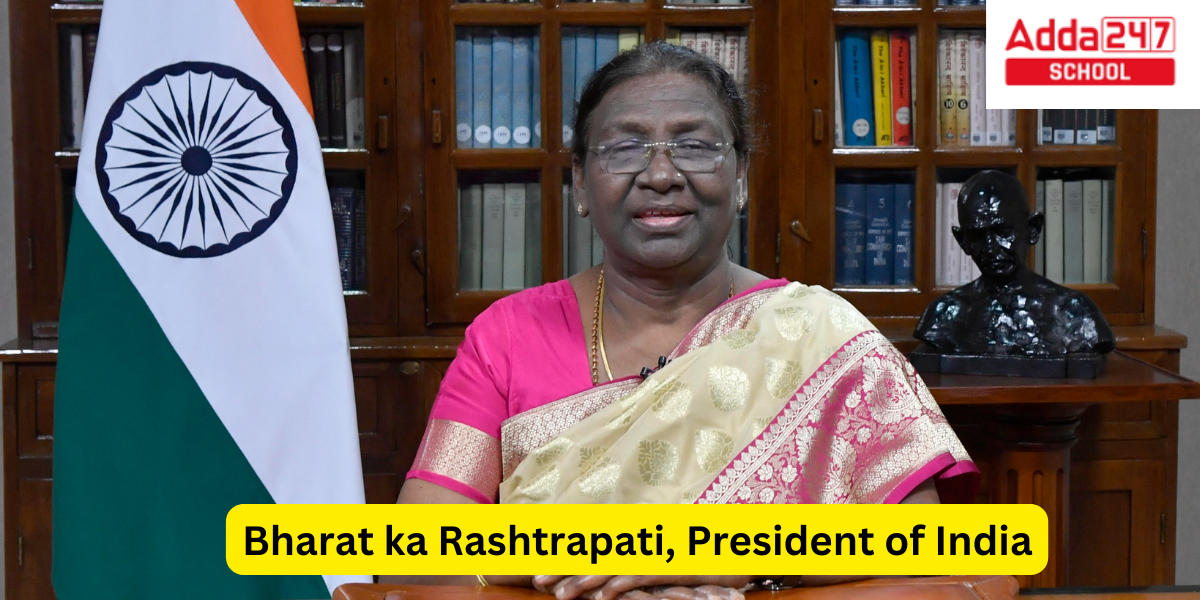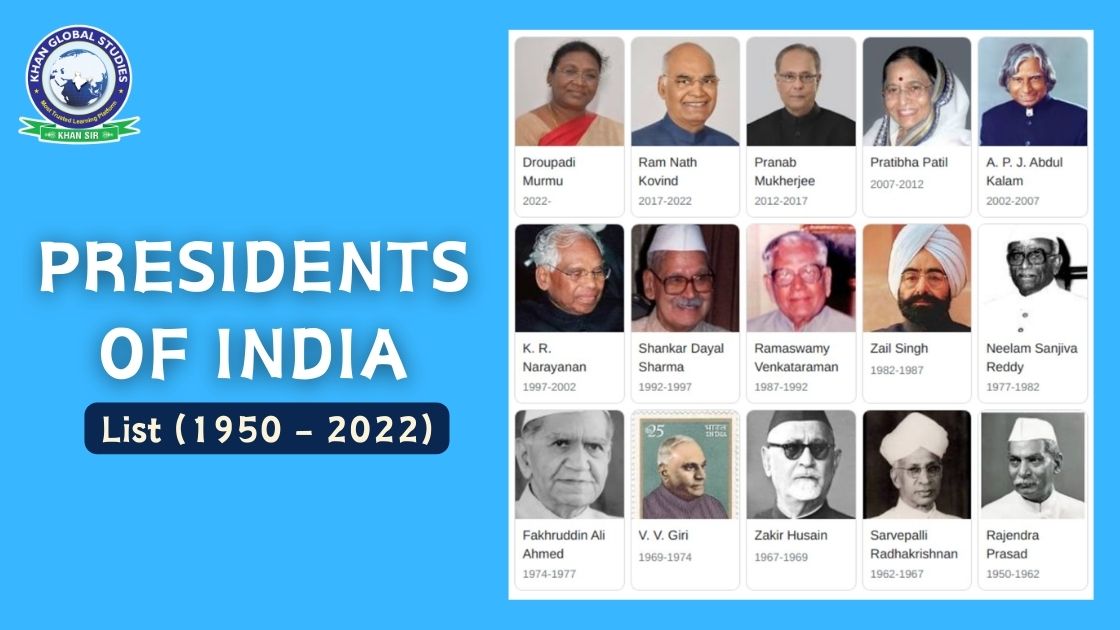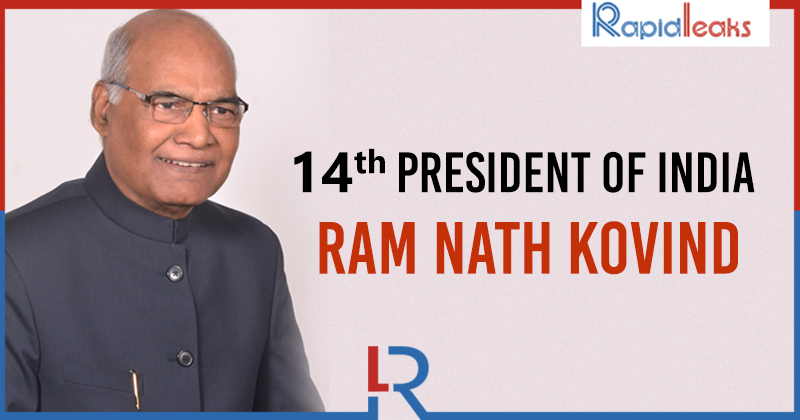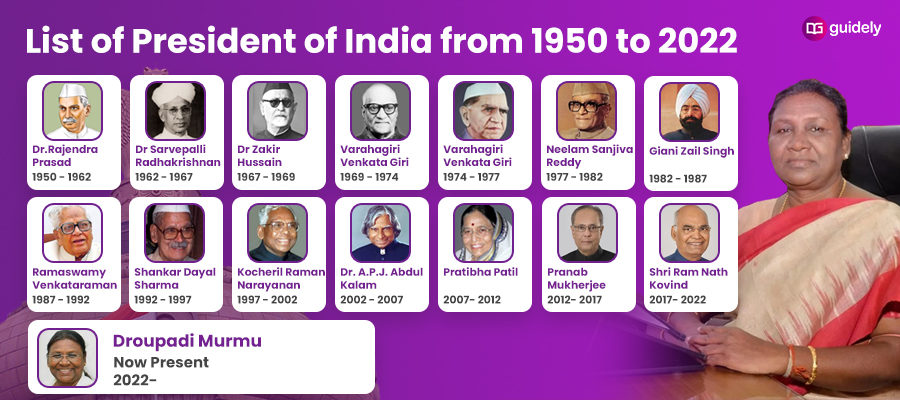Present President Of India Biography
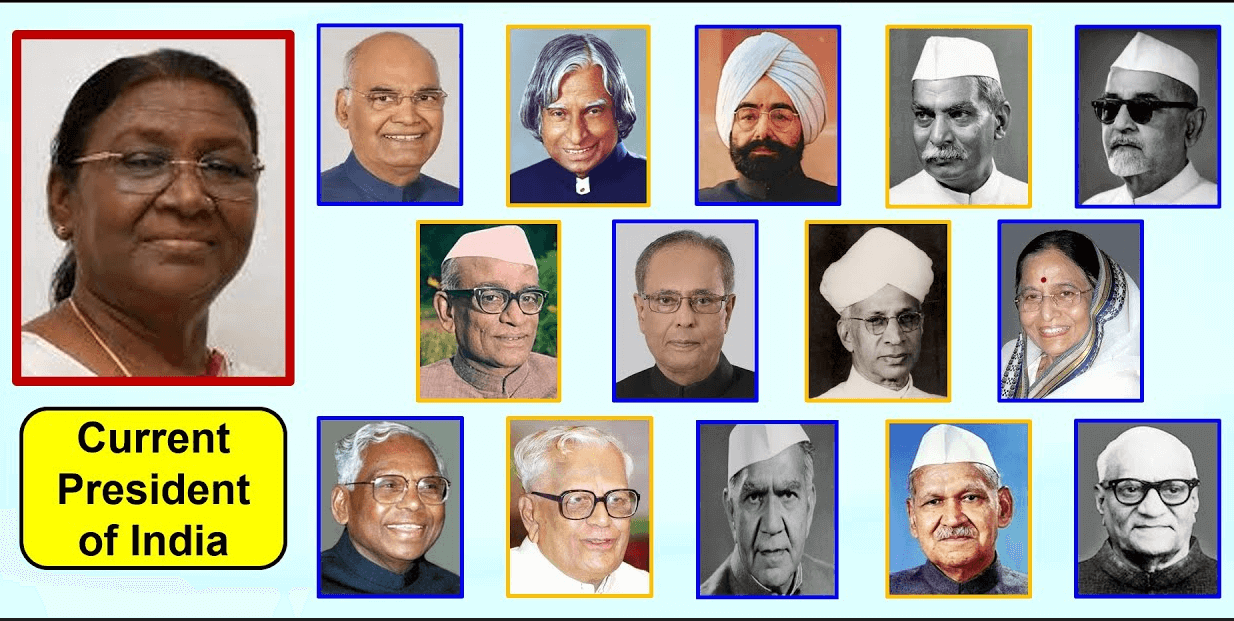
Droupadi Murmu's ascent to the highest office in India marks a watershed moment in the nation’s history. The 15th President of India, she is the first tribal woman to hold the position, shattering longstanding barriers and inspiring millions. Her journey, characterized by resilience and dedication to public service, provides a compelling narrative of empowerment and social change.
Murmu’s presidency signifies more than just a symbolic victory; it represents a tangible shift in India’s socio-political landscape. Her background and experiences inform her policy priorities, promising a focus on inclusive growth and the upliftment of marginalized communities. This profile explores her life, career, and the challenges she faces as the head of state.
Early Life and Education
Born on June 20, 1958, in Baidaposi village of the Mayurbhanj district in Odisha, Droupadi Murmu hails from a tribal community. Her father, Biranchi Narayan Tudu, was a village headman. Early education was obtained locally, followed by a Bachelor of Arts degree from Rama Devi Women's College in Bhubaneswar.
Despite facing numerous obstacles, including financial constraints and societal prejudices, she pursued her education with unwavering determination. This early exposure to hardship instilled in her a deep understanding of the challenges faced by marginalized communities.
Early Career and Political Beginnings
Murmu began her career as a teacher at Shri Aurobindo Integral Education and Research Centre in Rairangpur. Later, she served as a junior assistant in the Irrigation Department of the Government of Odisha. These experiences provided her with a practical understanding of grassroots governance and public service.
Her political journey commenced in 1997 when she was elected as a councillor in the Rairangpur Nagar Panchayat. This marked the beginning of her dedicated service to the people of Odisha. She quickly rose through the ranks, demonstrating her leadership abilities and commitment to public welfare.
Member of the Legislative Assembly (MLA)
Murmu was elected as a Member of the Legislative Assembly (MLA) from the Rairangpur constituency in 2000 and again in 2009. During her tenure, she served as a minister in the Biju Janata Dal (BJD) and Bharatiya Janata Party (BJP) coalition government in Odisha. She held portfolios such as Commerce and Transport, and Fisheries and Animal Resources Development.
Her performance as a minister was widely praised, particularly for her focus on rural development and infrastructure projects. She was known for her accessibility and her willingness to address the concerns of ordinary citizens.
Governor of Jharkhand
In 2015, Droupadi Murmu was appointed as the Governor of Jharkhand, becoming the first woman to hold the office in the state. She served a full term of six years, until 2021. As Governor, she played a crucial role in upholding the constitution and ensuring the smooth functioning of the state government.
During her tenure as Governor, she was known for her impartiality and her deep understanding of tribal issues. She championed the rights of tribal communities and worked towards their socio-economic empowerment. Her commitment to education and healthcare in tribal areas was particularly noteworthy.
Presidential Election and Inauguration
In 2022, the BJP-led National Democratic Alliance (NDA) nominated Droupadi Murmu as their candidate for the Presidential election. Her nomination was widely hailed as a historic moment for India. Her candidacy resonated deeply with millions of people across the country.
She secured a resounding victory, defeating Yashwant Sinha, the opposition candidate. On July 25, 2022, she was sworn in as the 15th President of India. This marked a significant milestone in her remarkable journey from a small village in Odisha to the highest office in the land.
Challenges and Priorities
As President, Murmu faces numerous challenges, including navigating complex geopolitical issues and promoting social harmony. Her priorities include promoting inclusive growth, empowering marginalized communities, and upholding the values of the Indian Constitution.
She has emphasized the importance of education, healthcare, and sustainable development in her addresses. She actively engages with various stakeholders, including government officials, civil society organizations, and ordinary citizens, to address their concerns and seek their inputs on policy matters.
The President’s office, largely ceremonial, holds immense symbolic power. President Murmu's actions and pronouncements will be closely watched for signals about the direction she hopes to steer the nation. She is expected to be a strong advocate for social justice and environmental sustainability.
Legacy and Future Outlook
Droupadi Murmu's presidency is expected to leave a lasting impact on Indian society. Her story serves as an inspiration to millions, particularly women and members of marginalized communities. Her leadership is expected to promote greater inclusivity and social justice.
Her journey from a small village in Odisha to the highest office in the land is a testament to the power of perseverance and dedication. Her presidency represents a new chapter in India's history, one characterized by hope, opportunity, and inclusive growth.
"My election is proof that in India, even the poor can dream and achieve." - Droupadi MurmuAs President, Droupadi Murmu has the potential to shape the future of India and inspire generations to come. Her commitment to public service and her unwavering dedication to the welfare of the people will undoubtedly define her legacy.



